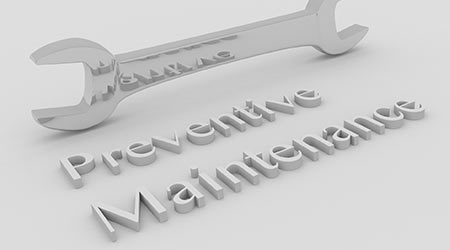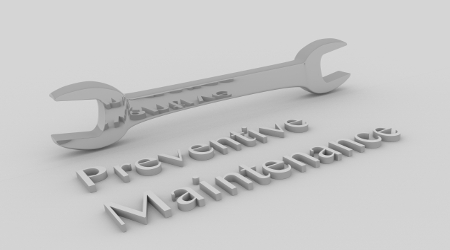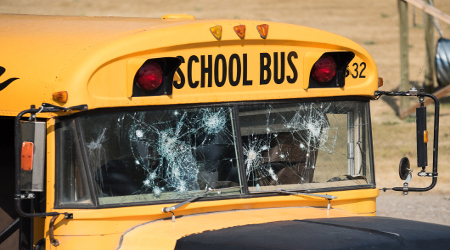
Four Tips for Preventing Commercial Kitchen Fires
December 5, 2017
According to the National Fire Protection Association (NFPA), commercial kitchen fires cause an estimated $165 million in direct property damage each year. A large majority of these fires are caused by the failure to clean and maintain the kitchen’s cooking equipment.
Fortunately, facility managers can significantly decrease the likelihood of a fire by taking preventative measures to ensure kitchen staff are properly trained and good housekeeping measures are diligently maintained. To mitigate risk, property owners and facility managers should take the below steps to ensure the kitchen is safe for both employees and patrons.
- Maintain Electrical Equipment. In commercial kitchens, large appliances are frequently under heavy use. This often creates fire hazards. Kitchen staff should be trained to regularly check that all wiring, cords and switch plates are operating correctly, and a professional should be routinely hired to administer maintenance inspections. To prevent an electrical fuse shortage that could spark a fire, kitchen employees should be taught to unplug appliances that do not need to remain plugged in once the facility is closed for the night.
- Clean the Exhaust System. One of the most important steps in maintaining a safe kitchen means cleaning beyond what is immediately visible. It is important for facility managers to hire a trained and certified professional to thoroughly clean the kitchen exhaust hood system, which is designed to capture grease, smoke and heat. If not properly maintained, these flammable materials can accumulate and increase the risk or severity of a fire. Having a professional administer a thorough cleaning of the exhaust hood system will not only remove grease and improve ventilation, but also ensure your facility is in compliance with NFPA Standard 96, which mandates all commercial kitchen exhaust hood systems are professionally inspected or cleaned on a regular basis.
- Minimize Grease. The accumulation of grease throughout a commercial kitchen can escalate quickly. Grease is a highly flammable substance, so kitchen staff should be trained to frequently clean areas that are prone to buildup. Common cleaning solutions like baking soda or undiluted vinegar can be used to remove grease from the walls, ranges, grills, and fryers. Routine upkeep is necessary to reduce the risk of a grease fire. Sanitizing hard-to-clean areas within the kitchen should also be a regular task for kitchen staff.
- Prepare an Escape Plan. A commercial kitchen fire can ignite in a split second. Facilities should have an emergency protocol that includes an evacuation plan to ensure employees and guests are safe in the event this worst-case scenario occurs. The plan should also be practiced and reviewed at least twice a year so all employees are comfortable with the protocol and know the evacuation routes. During emergencies, it’s easy for people to panic. To keep chaos from ensuing, one staff member should be identified at the beginning of each shift to call 911, and lead guests to safety in the event of an emergency. Facility managers should keep building exits clearly marked, and an outline of the evacuation routes should be hung in clearly visible areas throughout the establishment.
Whether your commercial kitchen is serving students in a university cafeteria or guests in a five-star restaurant, ensuring your facility is a safe environment should always be top priority. Facility managers should implement the guidelines above to ensure their commercial kitchen is clean, their equipment is functioning correctly, and their restaurant maintains a reduced risk of a dangerous fire.
This Quick Read was provided by Nate Wojtasinski, CECS, technical training and support manager, HOODZ International.
In addition to posing a fire hazard, grease build up causes different problems in commercial kitchen drains. For more on tackling grease there, check out this article.
Next
Read next on FacilitiesNet












